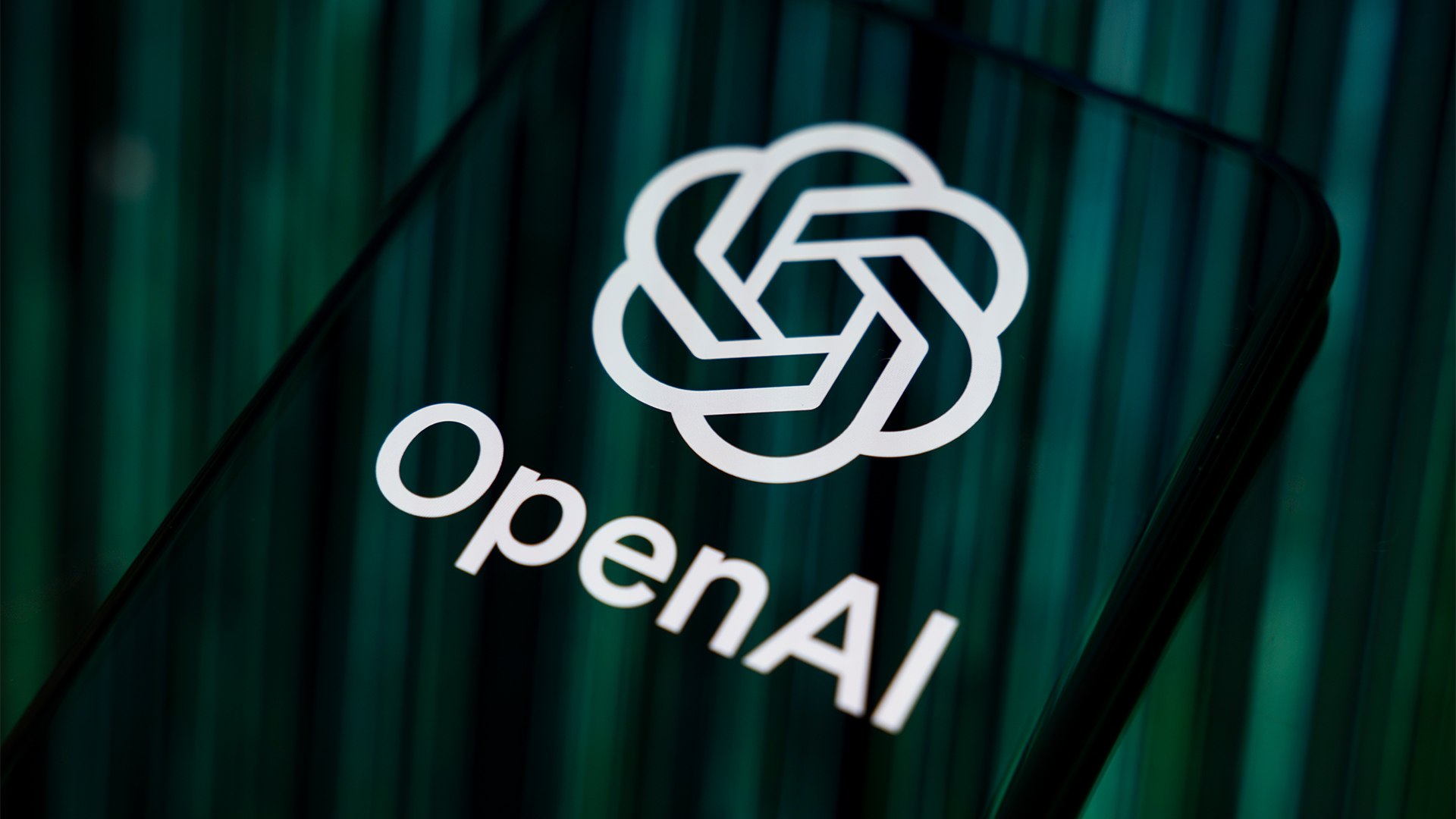Workers are warming to agentic AI, but concerns over accuracy linger
Staff are seeing big efficiency gains with agentic AI, but they're worried about the quality of results


Most workers in the US and UK are using AI agents at work, according to new research, despite the fact that a third don't trust their reliability or quality.
Nearly six-in-ten are using AI agents on a daily basis, and told YouGov researchers commissioned by Pegasystems that they're seeing useful results.
Four-in-ten highlighted the automation of tedious tasks as the main benefit of agentic AI, followed by reduced time spent searching for job-related information and quick meeting summarization, both cited by around a third.
However, workers have big reservations that prevent them from fully trusting agentic AI. A third said they were worried about the quality of work produced by agents, with a similar number pointing to a lack of human intuition and emotional intelligence.
Similarly, three-in-ten said they don’t trust the accuracy of AI-generated responses.
"Both organizational leaders and their employees recognize the significant benefits of agentic AI," said Pegasystems CTO Don Schuerman.
"However, this new research underscores that many still have reservations, and it’s up to enterprise leaders to strategically and thoughtfully incorporate the technology to help ensure adoption."
Sign up today and you will receive a free copy of our Future Focus 2025 report - the leading guidance on AI, cybersecurity and other IT challenges as per 700+ senior executives
As a result of these concerns, four-in-ten are uncomfortable submitting AI-generated work while 34% worry that AI-produced work isn’t as good as their own.
Despite this, nearly half still believe AI will positively impact their jobs over the next five years, with only 13% anticipating negative effects.
Nearly half (42%) of respondents identified enhanced accuracy and reliability as the top priority for improvement in agentic AI tools, followed by better training on how to use these tools (39%), and increased transparency in AI decision-making processes, cited by a third.
Making agentic AI work
To make agentic AI work and achieve mass adoption, organizations will need to put in some effort, according to Pega. This means developing an orchestrated approach, with AI designing, automating, and optimizing workflows and customer journeys, but only alongside humans.
"Organizations must meet employees where they are by integrating AI agents with actual workflows so they’re not just doing any work, but doing the right work," said Schuerman.
"This, combined with proper governance, transparency, and educational opportunities, will be vital for maximizing productivity, increasing comfort with the technology, and ultimately achieving widespread adoption for a true return on investment."
In another report released this week, digital operations management company PagerDuty found that more than half of CIOs and CTOs see agentic AI as core to their future IT operations.
RELATED WHITEPAPER

Nearly four-in-ten said they had witnessed operational efficiency gains from the technology, with 36% saying it had improved customer experiences and 38% that it was giving them better insights from data.
"AI has rapidly grown to become the backbone of digital operations, helping reduce toil, improve resilience and drive tremendous efficiency," said Katherine Calvert, chief marketing officer at PagerDuty.
Emma Woollacott is a freelance journalist writing for publications including the BBC, Private Eye, Forbes, Raconteur and specialist technology titles.
-
 Microsoft unveils Maia 200 accelerator, claiming better performance per dollar than Amazon and Google
Microsoft unveils Maia 200 accelerator, claiming better performance per dollar than Amazon and GoogleNews The launch of Microsoft’s second-generation silicon solidifies its mission to scale AI workloads and directly control more of its infrastructure
-
 Infosys expands Swiss footprint with new Zurich office
Infosys expands Swiss footprint with new Zurich officeNews The firm has relocated its Swiss headquarters to support partners delivering AI-led digital transformation
-
 Half of agentic AI projects are still stuck at the pilot stage – but that’s not stopping enterprises from ramping up investment
Half of agentic AI projects are still stuck at the pilot stage – but that’s not stopping enterprises from ramping up investmentNews Organizations are stymied by issues with security, privacy, and compliance, as well as the technical challenges of managing agents at scale
-
 ‘There’s been tremendous agent washing’: Dell Technologies CTO John Roese says the real potential of AI agents is just being realized – and they could end up managing humans
‘There’s been tremendous agent washing’: Dell Technologies CTO John Roese says the real potential of AI agents is just being realized – and they could end up managing humansNews As businesses look for return on investment with AI, Dell Technologies believes agents will begin showing true value at mid-tier tasks and in managerial roles.
-
 Retailers are turning to AI to streamline supply chains and customer experience – and open source options are proving highly popular
Retailers are turning to AI to streamline supply chains and customer experience – and open source options are proving highly popularNews Companies are moving AI projects from pilot to production across the board, with a focus on open-source models and software, as well as agentic and physical AI
-
 Microsoft CEO Satya Nadella wants an end to the term ‘AI slop’ and says 2026 will be a ‘pivotal year’ for the technology – but enterprises still need to iron out key lingering issues
Microsoft CEO Satya Nadella wants an end to the term ‘AI slop’ and says 2026 will be a ‘pivotal year’ for the technology – but enterprises still need to iron out key lingering issuesNews Microsoft CEO Satya Nadella might want the term "AI slop" shelved in 2026, but businesses will still be dealing with increasing output problems and poor returns.
-
 OpenAI says GPT-5.2-Codex is its ‘most advanced agentic coding model yet’ – here’s what developers and cyber teams can expect
OpenAI says GPT-5.2-Codex is its ‘most advanced agentic coding model yet’ – here’s what developers and cyber teams can expectNews GPT-5.2 Codex is available immediately for paid ChatGPT users and API access will be rolled out in “coming weeks”
-
 AWS has dived headfirst into the agentic AI hype cycle, but old tricks will help it chart new waters
AWS has dived headfirst into the agentic AI hype cycle, but old tricks will help it chart new watersOpinion While AWS has jumped on the agentic AI hype train, its reputation as a no-nonsense, reliable cloud provider will pay dividends
-
 AWS CEO Matt Garman says AI agents will have 'as much impact on your business as the internet or cloud'
AWS CEO Matt Garman says AI agents will have 'as much impact on your business as the internet or cloud'News Garman told attendees at AWS re:Invent that AI agents represent a paradigm shift in the trajectory of AI and will finally unlock returns on investment for enterprises.
-
 Microsoft's new Agent 365 platform is a one-stop shop for deploying, securing, and keeping tabs on AI agents
Microsoft's new Agent 365 platform is a one-stop shop for deploying, securing, and keeping tabs on AI agentsNews The new platform looks to shore up visibility and security for enterprises using AI agents
